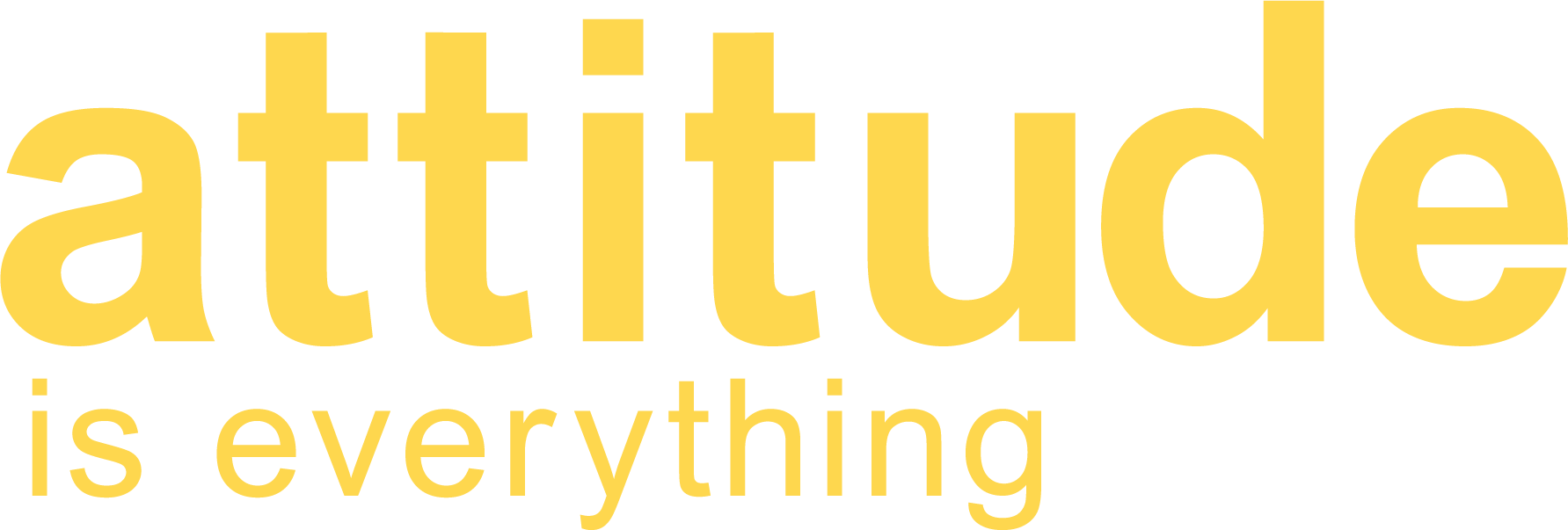Our strategy is driven by disabled people’s lived experiences.
We are a disability-led, national and international organisation that enables disabled people – audiences, artists, volunteers and professionals – to lead the change.
We provide the sector with the tools, knowledge, expertise, resources and training to become inclusive, working across a wide range of partnerships from disability-led and grassroots music organisations to policy makers and large music and live event trade bodies.
Known for our ability to effect societal change, we’re respected by both the cultural and commercial sectors as well as disabled people.
Industry
We have:
- delivered training to over 10,000 creative professionals.
- worked in partnership with over 200 festivals and venues (28% of them being venues or festivals under 500 capacity), helping them become more accessible by signing them up to our Live Events Access Charter.
- ensured that 73% of Charter signatories are based outside the capital, despite our office being London-based.
- supported industry to benefit from the spending power of disabled people – £9.3 million was spent by disabled people and their family and friends in Charter venues in 2019 alone.
Disabled audiences
We have:
- enabled over 200,000 disabled people nationwide to access culture in the UK via accredited and accessible venues and events.
- signed up over 1000 disabled people to our network of mystery shoppers and festival volunteers.
- developed a volunteer programme that has seen 75% of participants reporting a sense of community when volunteering with us and 74% saying that it was the first time that they’d ever felt useful in their lives.
- ensured that 82% of our volunteers are based outside of London.
- published a wide range of guides and launched influencing campaigns to promote access for audiences.
Disabled artists
We have:
- created the industry-leading Next Stage initiative.
- recruited 8 Artist Ambassadors in partnership with Featured Artist Coalition (FAC).
- formed a network of over 175 disabled artists from across the UK, with 70% based outside of London.
- published the Just Ask guide and formed a growing network of promoters around the UK.
- set up the Next Stage Talent Development group to support organisations to break down the barriers artists face accessing what they have to offer.
Disabled professionals
We have:
- created the ambitious Beyond The Music initiative.
- formed a network of over 200 disabled professionals and aspiring professionals.
- recruited 11 Future Leaders.
- published the Accessible Employment Guide in which 79% of respondents felt that barriers related to their impairments had impacted upon their career and 40% said they didn’t make their employers aware of their disability.
Intersectional experience
We have:
- published a snapshot of the experiences of LGBTQ+ disabled people going to venues and events.
- co-produced with Good Night Out a social media campaign to highlight some of the experiences that disabled women or non-binary people have at venues and events, and steps to prevent sexual harassment.
- supported UK Music’s Diversity Taskforce to integrate of disability into their existing work on race and gender
- forged a partnership with Black Lives In Music, which led to the release of the Unseen Unheard report and podcast.
COVID-19
We:
- influenced at government level through the Cabinet Office’s Disability Unit & with DCMS to ensure Clinically Extremely Vulnerable people could participate in pilot test events.
- supported DCMS to draft policies on safely re-opening in an inclusive way.
- formed the Audience Access Alliance, collaborating as a cross-sector influencing body on safe and accessible re-opening and creating a 10-point checklist designed to apply to any venue or event.
- worked with partners to publish the 7 Inclusive Principles for the Arts, a document that has had far-reaching impact in the UK and internationally during the pandemic.
- brought together the Next Stage Talent Development Group to ensure that disabled artists could access emergency COVID-19 funds open to creators.
- released the findings of our ‘snapshot’ Audience Survey after the lifting of COVID-safety regulations on 19th July 2021; revealing that in 2019, 289 disabled individuals with a history of attending live events found that respondents went to a staggering 5000+ indoor and 1200+ outdoor live events in 2019, from gigs and festivals to football matches and book launches.
Environmental sustainability
In the coming years, we are going to be looking at how access for disabled people at music and live events can be environmentally sustainable. We know that it can be more difficult for disabled people to live in a sustainable way, due to living in a world where ‘environmentally-friendly’ options aren’t often accessible. We recognise and acknowledge that there can be a conflict between green initiatives and reasonable adjustments we recommend in our guidance, so we’re going to be exploring where the challenges are between accessibility and environmental sustainability and strive to become an organisation that’s a driving force behind solutions in the years ahead.
- Read our toolkit, No Climate Action Without Us, in collaboration with A Greener Future and Julie’s Bicycle, released in 2024
